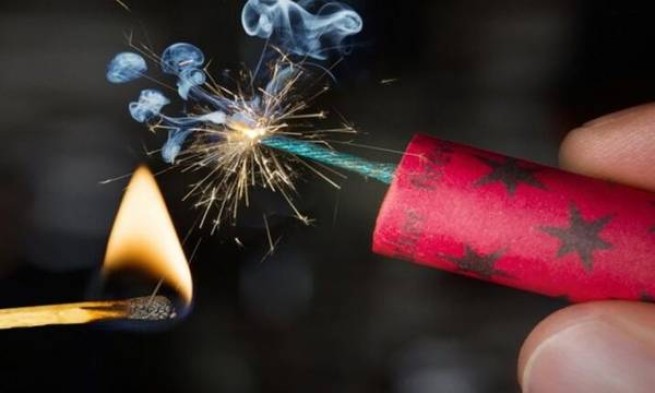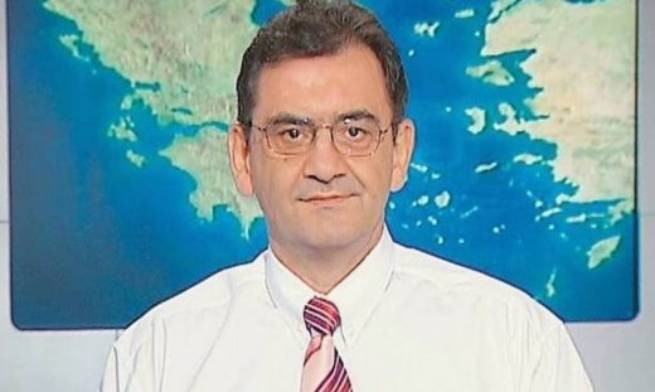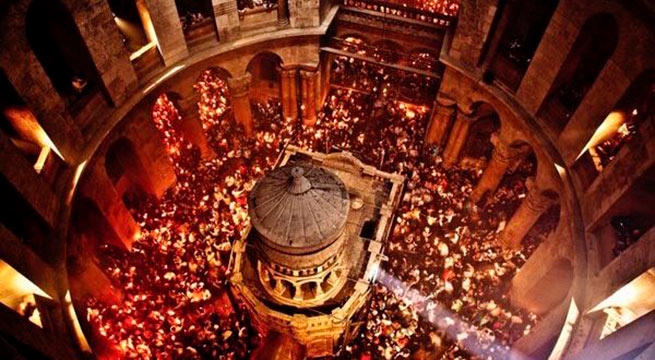Israeli police have limited the number of worshipers at the Church of the Holy Sepulcher in Jerusalem for security reasons during Orthodox Easter ceremonies on Saturday, drawing the ire of church leaders who said they would not cooperate.
As huge crowds are expected in the cramped alleyways of the Old City, the restrictions, which will reduce the number of worshippers to one-fifth of what they have been in recent years, are aimed at ensuring the safety of thousands of Christian worshipers as well as Muslims and Jews holding their own celebrations, police said. .
However, the decision to restrict Saturday access to the Holy Fire, the most important Easter holiday for Orthodox believers, angered church leaders, who saw it as part of what they see as a long-standing Israeli effort to restrict the rights and freedoms of the local Christian community.
Complaining about the “tough measures”, they said they would not cooperate with the police
“We will continue to adhere to the customs of the status quo, and the ceremony will take place as it has been done for two millennia, and all who wish to bow with us are invited to it,” the Greek Orthodox Patriarchate, Custodia of the Holy Land and the Armenian Church said in a joint statement. patriarchy.
Unlike previous years, when up to 10,000 believers gathered in the Church of the Holy Sepulcher, this year only 1,800 people will be allowed inside, and another 1,200 will wait outside. Additional checkpoints in the Old City will also restrict access to the area around the church.
This year, the religious holidays in the Old City are especially acute, as the Muslim holy month of Ramadan, the Jewish holiday of Passover and Passover coincided with a period of heightened tensions between Israel and Palestine.
On Tuesday, Prime Minister Benjamin Netanyahu announced that Jewish visitors would not be allowed into the grounds of the Al-Aqsa Mosque during the last 10 days of Ramadan after last week’s police raid provoked furious reactions from the Arab world and shelling across the border into Gaza, Lebanon and Syria.
This hilltop site, sacred to both Muslims and Jews, who know it as the Temple Mount, was one of the hot spots during the decades-long conflict between Israel and the Palestinians.
IN FULL READINESS
After a series of rocket attacks and air strikes last week, the situation has calmed down in the past few days, but Israeli officials said the possibility of problems remains. “Looking ahead, Ramadan is still a sensitive period,” Israeli military spokesman Daniel Hagari said, adding that Friday, which could be the last of the fasting month of Ramadan, depending on the lunar calendar, is being watched with particular attention. “We are in full readiness,” he said.
The issue of Christian access to the Old City was not directly related to tensions between Muslims and Jews at the Al-Aqsa Mosque, where Jews are allowed to come but not pray. However, it reflects Christian complaints that the Israeli authorities are gradually but systematically denying them access to the Old City, violating, they say, longstanding status quo agreements between the three communities.
Orthodox churches claim that the ceremony on the Saturday before Orthodox Easter, when the Holy Light emerges from the tomb of Jesus, has been safely performed for centuries with five times the number of believers than allowed by the authorities.
The deadly stampede at an Orthodox Jewish holiday in northern Israel two years ago, in which 45 people died, highlighted the danger of large crowds of worshipers congregating in confined spaces, police said.







More Stories
Making a mockery of the Acropolis for the sake of tourism
How Plato spent his last night – what the found papyri showed
Eurovision 2024: the first rehearsal of Marina Satti in Malmö has ended